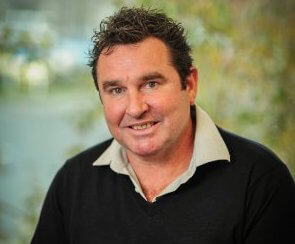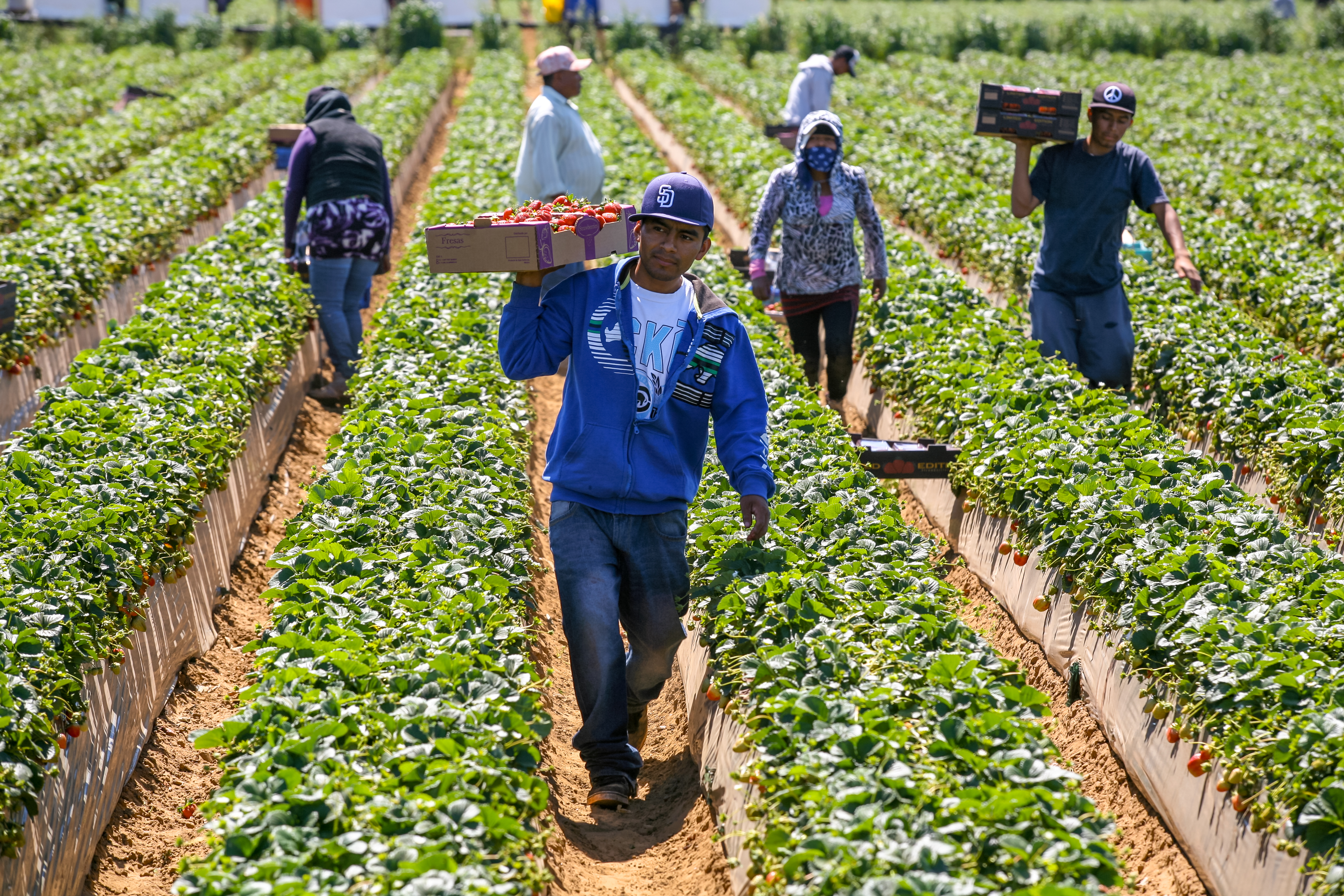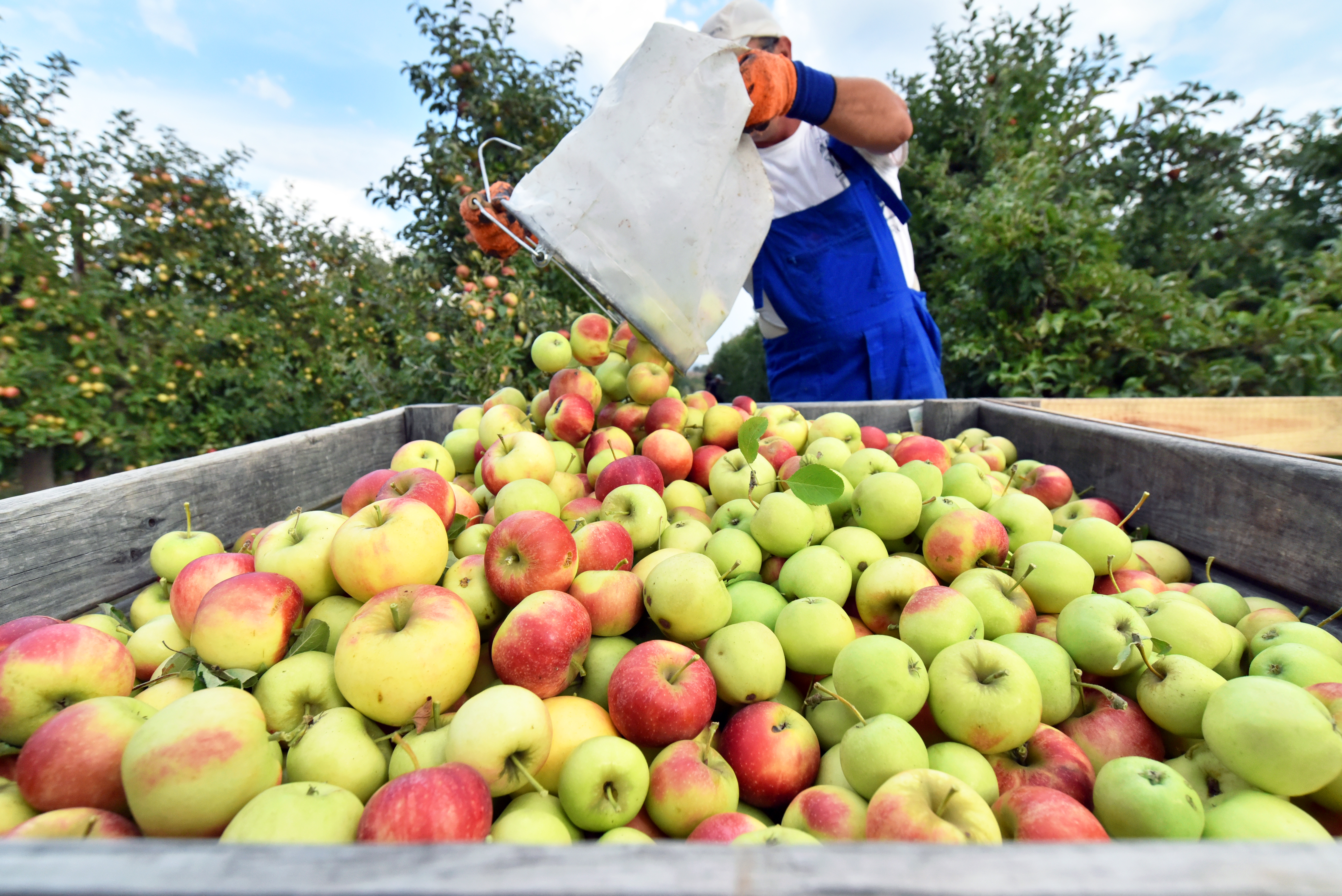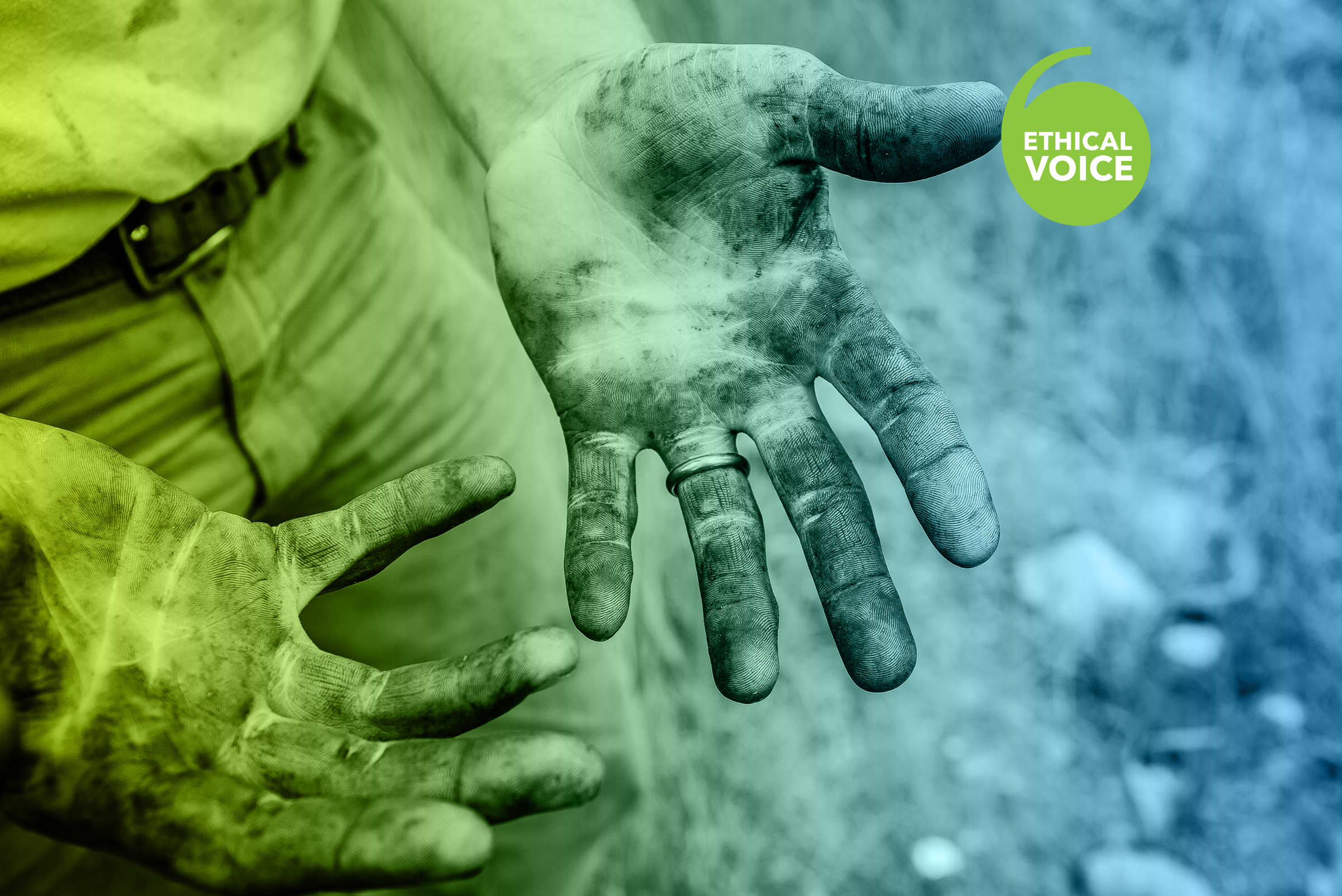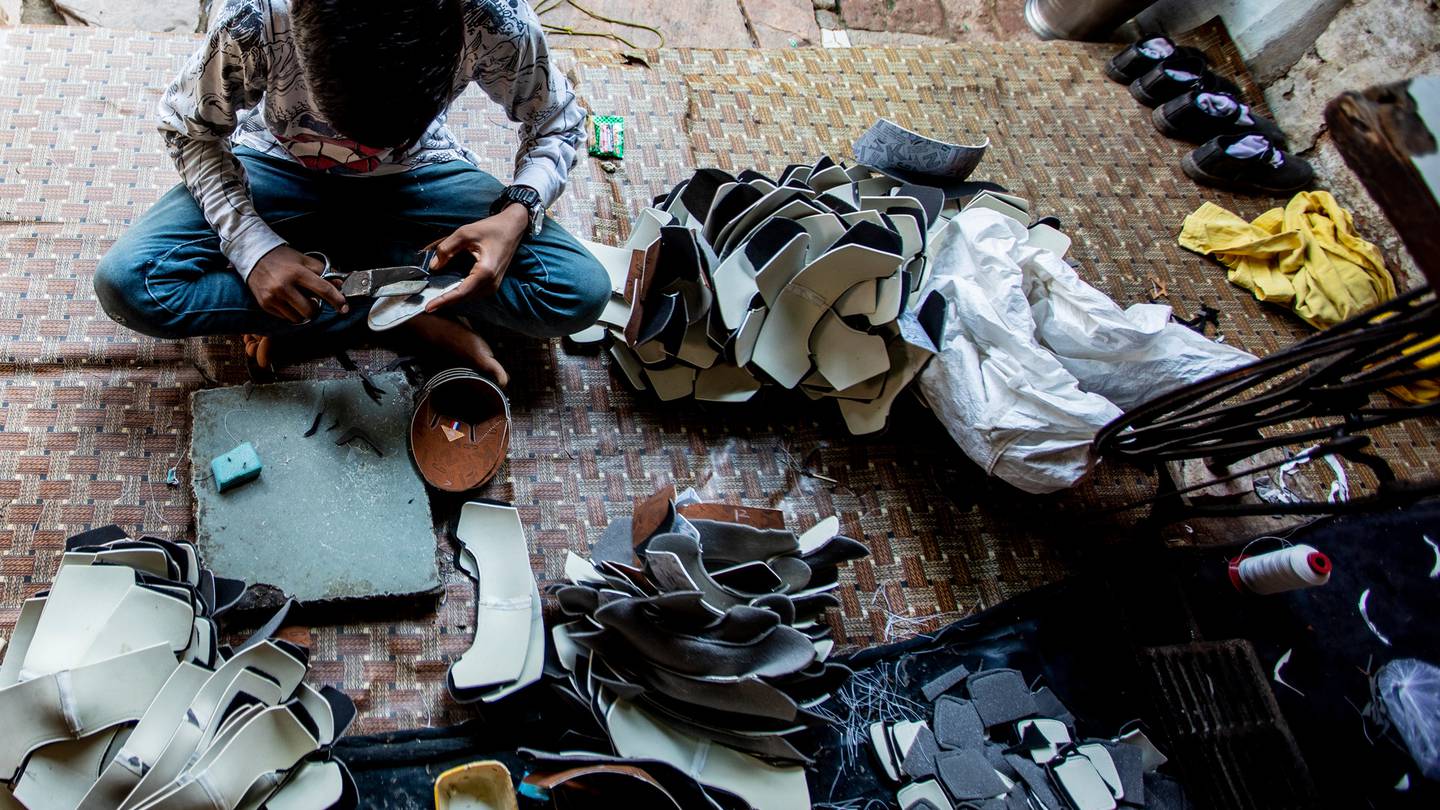Table of contents
Recommended for you

Worker voices essential for integrity of RSE scheme
Proposed legislation released on Friday by Workplace Relations and Safety Minister Michael Wood is “heartening” and offers New Zealand an opportunity to position its produce as “the most ethical in the world”.
That’s the opinion of Chris O’Reilly, AskYourTeam CEO and passionate anti-slavery advocate.
Late last year, AskYourTeam launched insights platform Ethical VOICE, a revolutionary tool that allows every worker in an organisation or business to speak their truth on issues like bullying, harassment, manipulation and working conditions. It’s 100% anonymous and accessed via smartphone.
Chris says the draft legislation, now out for consultation until early June, is an excellent step towards abolishing modern slavery within New Zealand supply chains. “It’s a fantastic start,” he says, “and it also gives New Zealand, as a country, a very special opportunity. I firmly believe that if a true due diligence approach is taken, giving every worker within an organisation the freedom to speak honestly and anonymously, we could be on track to market, distribute and deliver the most ethical produce in the world. With a coordinated, collaborative approach, and our Kiwi ethos of fairness and dignity, we could easily leapfrog other countries whose own worker rights requirements will soon lag behind.”
I firmly believe that if a true due diligence approach is taken, giving every worker within an organisation the freedom to speak honestly and anonymously, we could be on track to market, distribute and deliver the most ethical produce in the world.
Until now, New Zealand businesses have been reliant on self-assessments or conducting social practice audits to weed out unethical practices. But these types of assessments are open to influence, corruption and are inherently subjective, says Chris. What’s needed, and where the proposed legislation could go a step further, is a way of identifying, and dealing with, any so-called “toxic pockets” that might exist in an organisation or its supply chain.
“Due diligence and disclosure are a critical part of the process,” continues Chris. “Last week’s proposed legislation is great. But in my opinion, every worker should have the opportunity to speak up and report, anonymously, on what they see happening within the fabric of a business. It’s already been proven that true due diligence isn’t achieved until that happens, so let’s not stop at suppliers. All workers in the supply chain need that voice.”
And Chris notes that businesses and organisations don’t need to wait to act – they can get started now. “Business leaders can begin thinking about where they sit on worker exploitation mitigation and how they will progress change. We realise every business has different priorities and challenges, and some may be further along than others. But if they’re ready to open a conversation on best practice, and what steps they might take to increase transparency around their supply chains – aiming for progress, not perfection – we have plenty of ideas around that!”


